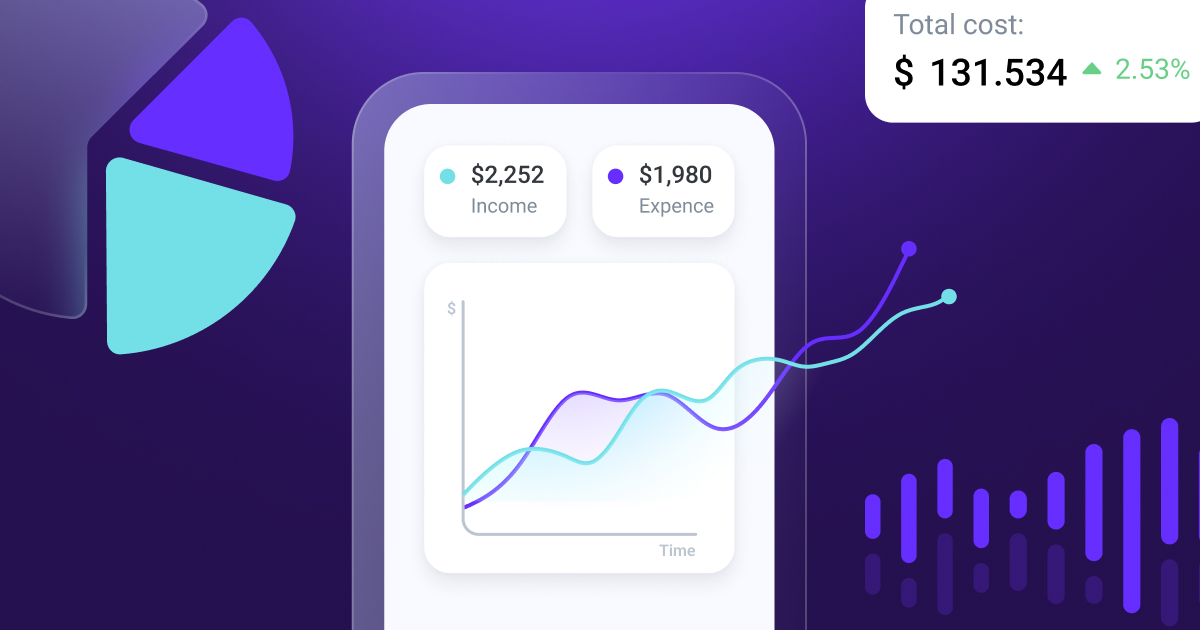In the digital age, online booking platforms have become essential tools for businesses across various sectors. However, as we delve into 2024, a concerning trend has emerged: many of these platforms are leveraging their position to redirect customer loyalty from individual businesses to their own ecosystems. This shift raises an important question: Are you truly building your own customer base, or inadvertently contributing to a larger marketplace?
To shed light on this issue, we've conducted an in-depth analysis of five leading online booking solutions: Mindbody, Vagaro, Booksy, Altegio, and Treatwell. Our investigation reveals the varying degrees to which these platforms may be 'cannibalizing' the very customer bases they claim to help businesses build.
The Core Offerings
Before we dive into the specifics of each platform, it's worth noting that most of these services offer a standard set of features designed to streamline business operations:
- Appointment Management: Tools for scheduling and managing bookings.
- Customer Relationship Management (CRM): Systems for tracking customer interactions and history.
- Automated Notifications: Features for sending reminders and confirmations via various channels.
- Multi-location Management: Capabilities for businesses with multiple branches.
- Analytics and Reporting: Tools for tracking business performance and customer behavior.
- Loyalty Programs: Systems for creating and managing customer retention initiatives.
Additionally, these platforms typically offer integrations with popular services and tools, including social media platforms, payment systems, and communication services.
Platform-Specific Insights
Mindbody: The Fitness and Wellness Giant
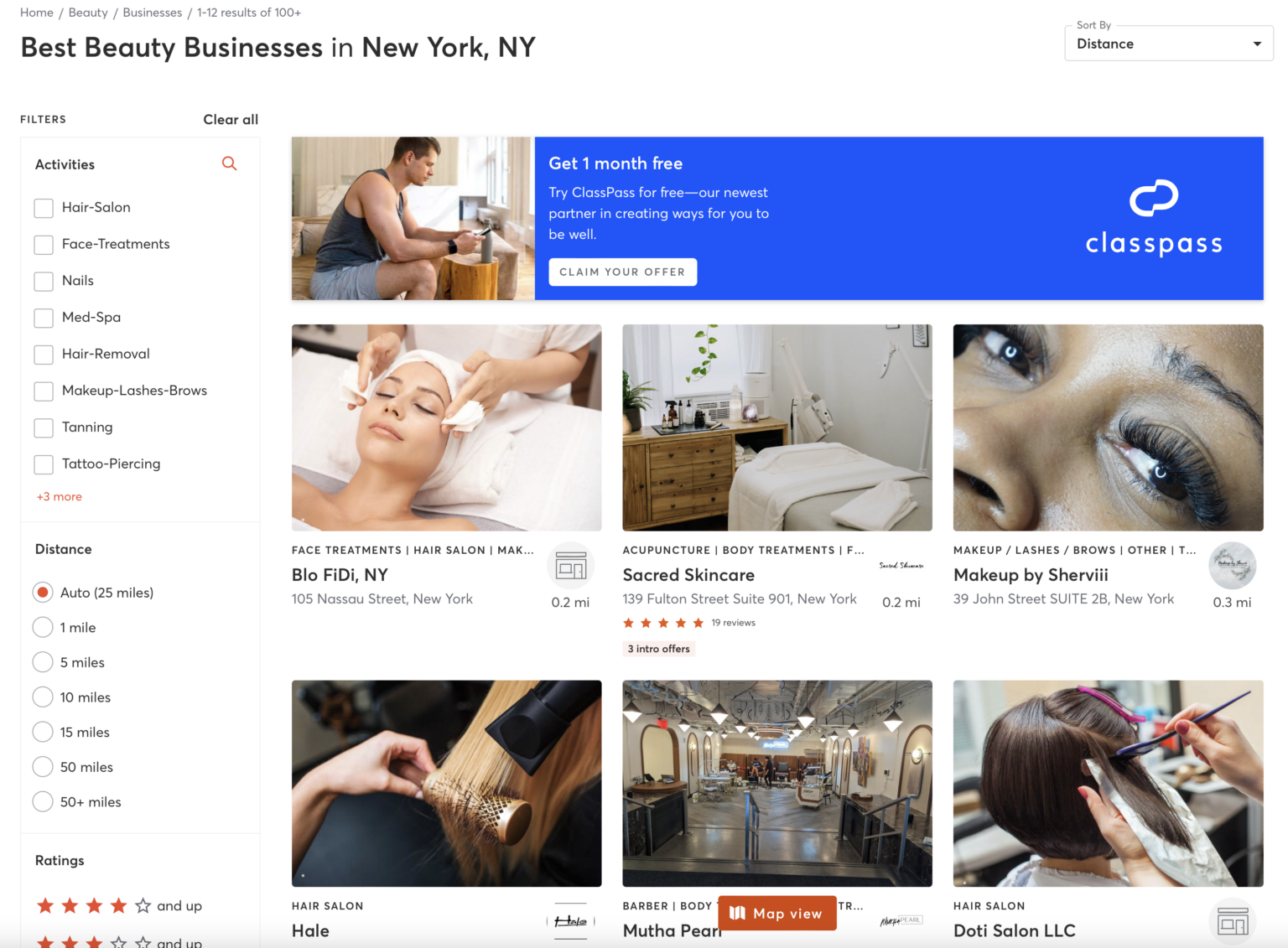
As one of the most established players in the market (founded in 2000), Mindbody has a significant presence in the fitness and wellness industry. They're transparent about their marketplace approach, which includes:
- High subscription fees (starting at $120 per month)
- Commissions on bookings (ranging from 2% to 10%)
- Active promotion of their ClassPass service for fitness businesses
Treatwell: The Beauty Marketplace
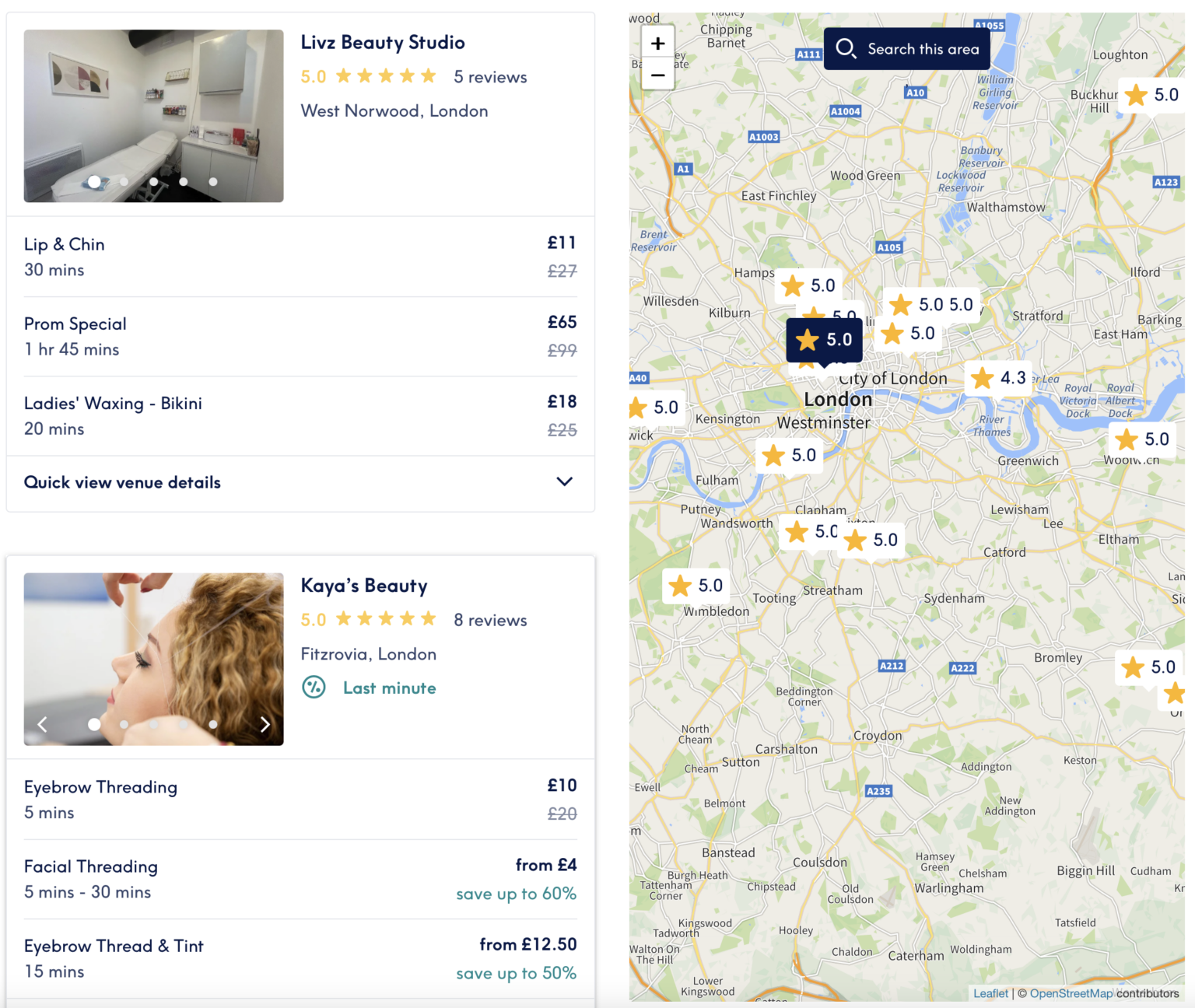
Founded in 2008 and headquartered in London, Treatwell has positioned itself as a go-to marketplace for beauty and wellness services. While it offers businesses exposure to a wide audience, this comes at a cost:
- High commissions on bookings (up to 20%)
- Pressure to offer significant discounts to attract new customers
- A business model that prioritizes platform growth over individual business success
Altegio: The Customer-Centric Alternative

In contrast to the other platforms, Altegio (founded in 2022 and based in Budapest) stands out for its approach to customer base protection. Key differentiators include:
- No promotion of competing businesses to your customers
- A focus on customizable booking widgets that integrate seamlessly with your brand
- A free mobile app (Aunio) that facilitates customer interactions without exposing users to competitor offerings
Booksy: The Customer Base Exchange
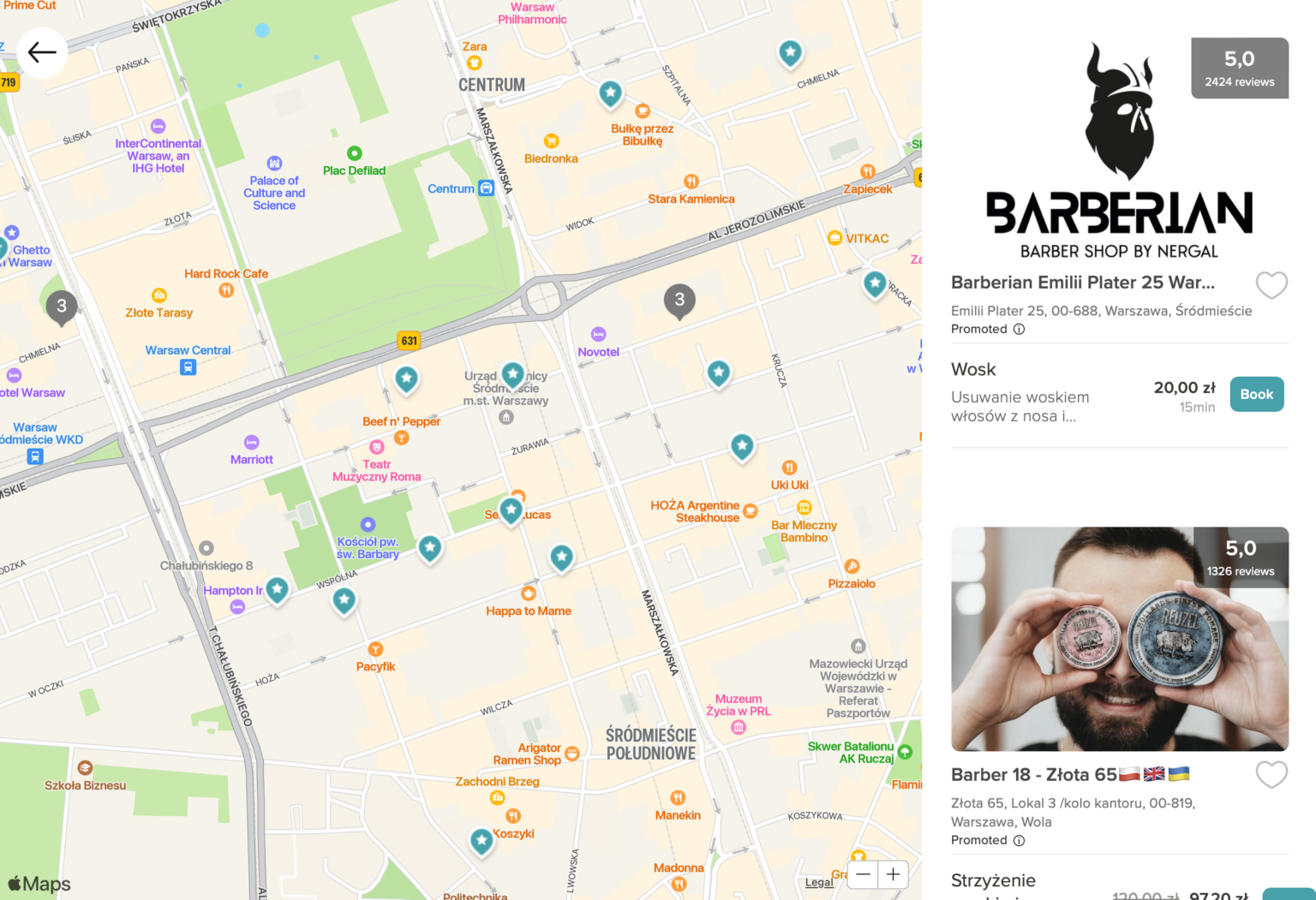
This Polish company, established in 2014, has taken a unique approach to growth. Booksy openly promotes the exchange of customer bases between its users as a key feature. While they don't charge commissions on repeat customer bookings, their focus on distributing their app through existing customer bases and promoting competing offers raises concerns about long-term customer loyalty.
Vagaro: The Subtle Promoter
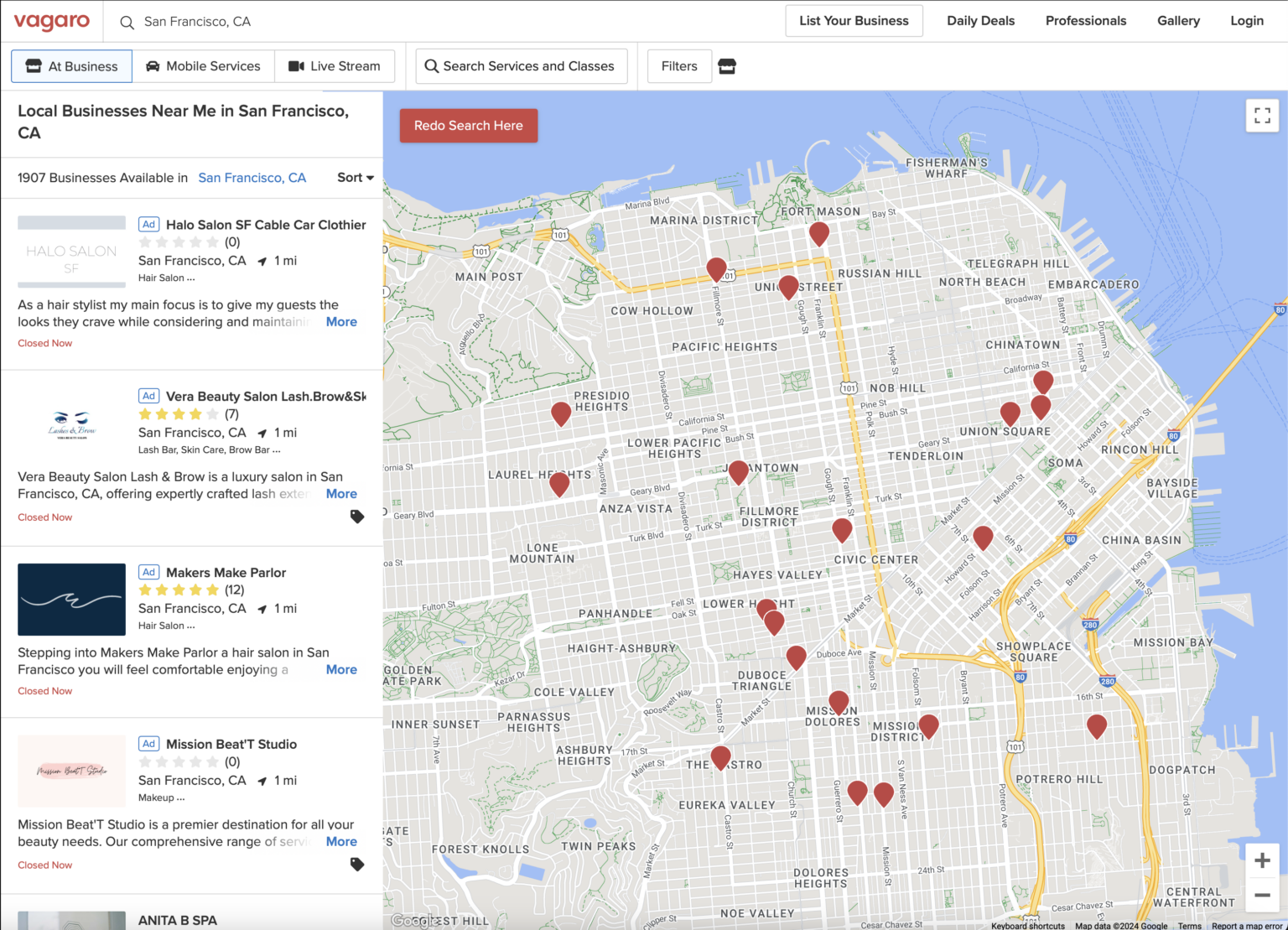
Founded in 2009 and based in California, Vagaro offers a range of services for beauty, fitness, and wellness businesses. While their self-promotion is less aggressive than some competitors, they still operate on a model that includes:
- Subscription fees starting at $30 per month
- Commissions on bookings made through their marketplace
- Additional fees on payment processing
The Hidden Cost of Convenience
While these platforms offer undeniable benefits in terms of operational efficiency, businesses must consider the long-term implications of relying on third-party marketplaces. The convenience of these systems often comes with a hidden cost: the gradual erosion of direct customer relationships.
As businesses become more dependent on these platforms, they risk:
- Losing control over customer data and interactions
- Facing increased competition within the platform's ecosystem
- Becoming vulnerable to changes in platform policies or pricing
To mitigate these risks, businesses should consider diversifying their customer interaction channels. Implementing a cloud contact center solution like Voximplant Kit alongside a booking platform can help maintain direct customer relationships through voice, SMS, and other communication channels, reducing dependency on a single marketplace.
Making an Informed Choice
When selecting an online booking platform, businesses should consider:
- The platform's business model and how it aligns with your long-term goals
- The level of control you maintain over your customer relationships
- The true cost of the service, including both direct fees and potential loss of customer loyalty
- The platform's approach to data ownership and privacy
Consider complementary technologies that can enhance your overall customer interaction strategy. For instance, cloud PBX systems with call tracking can provide valuable insights into phone-based customer interactions. Learn more in the article on Best Cloud PBX Software with Call Tracking 2024.
In conclusion, while online booking platforms offer significant operational benefits, businesses must be mindful of the potential hidden costs associated with customer loyalty and data control. As the landscape continues to evolve in 2024, it is crucial for businesses to critically evaluate the long-term implications of relying heavily on these platforms. Making informed choices about the tools and technologies you adopt will ensure sustained growth and customer loyalty in the digital age.

